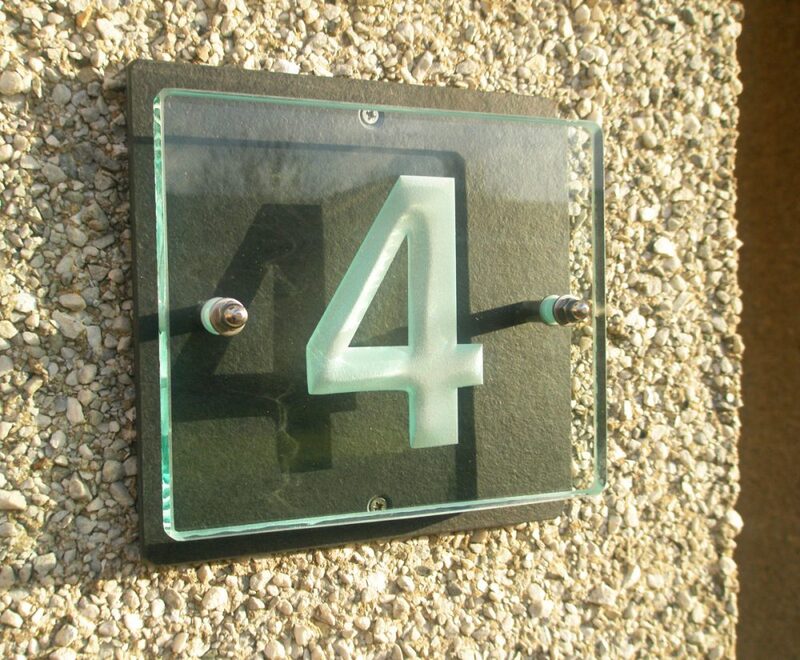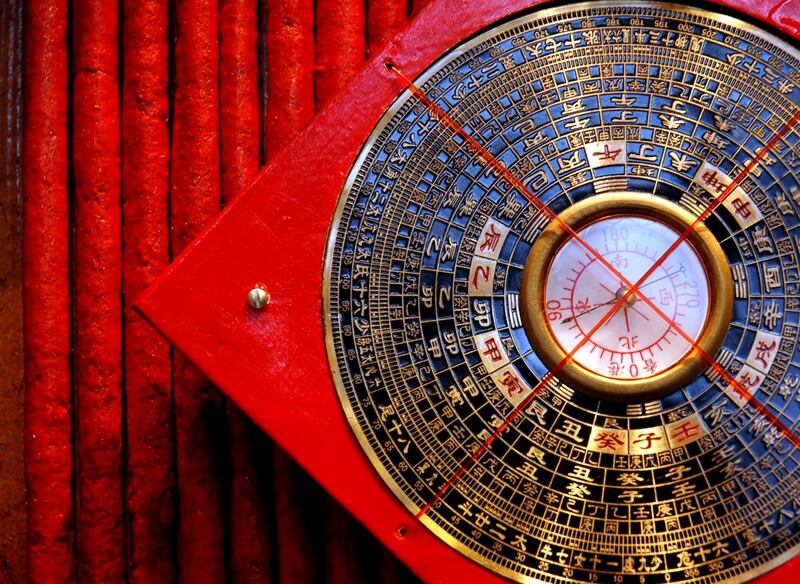Numbers, location, and the subtle art of feng shui. Your home may hold more luck than you think!
When my family moved into a new house back in 2013, one of the first things we did was apply to the local government to change our house number. Not our mailing address or ID registration, but the actual unit number displayed outside our home. It was a bit of a hassle, and it confused food delivery drivers and first-time visitors for a while, but we eventually swapped the number 44 for a shiny new 42A.
We weren’t particularly superstitious, but many others are. In many East and Southeast Asian cultures, including Indonesia, the number 4 is associated with bad luck, as the word sounds like “death” in Mandarin Chinese. Known as tetraphobia, this belief may not matter to everyone, but it does influence property values and buyer preferences, especially in areas with a large ethnic Chinese community.
Surprisingly, traditional beliefs like these continue to play a role in Indonesia’s urban housing landscape, particularly in places like Jakarta, Medan, or Surabaya. While superstition isn’t usually listed as a factor in real estate analysis, it definitely should be. Feng shui—a system of ancient Chinese geomancy—remains a key consideration for many Indonesian-Chinese buyers, even among the younger generation buying their first home.
This presents a unique challenge for property developers in Indonesia. Beyond the usual considerations like location, infrastructure, and amenities, many developers also need to think about the spiritual design of a home. Incorporating feng shui principles might increase development costs, but it also boosts marketability, especially in high-demand urban areas with a strong Chinese presence.
It’s not just house numbers
According to feng shui, luck—or misfortune—can manifest in nearly anything: the layout of your living room, the position of your front door, even the empty space between your walls. A poorly placed mirror or staircase can be believed to block the flow of positive energy and cause problems ranging from poor health to financial instability.
That energy is known as ‘qi‘—a vital life force that flows through all things. Feng shui is the practice of aligning your living space to help qi move smoothly throughout your home. This is why doorways, corridors, and the placement of furniture or objects like aquariums and mirrors matter so much in feng shui. The goal is to create a natural path for qi to circulate, bringing harmony, health, and prosperity.
Indonesia, like Malaysia, has a culturally rich and diverse population. Spiritual practices are deeply embedded across many groups, ranging from animism in indigenous traditions to Hindu-Balinese cosmology, ancestral worship, and Islamic mysticism. Feng shui may have originated from Taoism (practised by only a small number of Chinese-Indonesians today), but its influence comes more from Chinese cultural heritage than religion. Over centuries, these practices have become intertwined with everyday decision-making, including in property.
Even though good feng shui might not directly increase a home’s price, it certainly influences buyer decisions. Many Indonesians will still prioritise things like proximity to schools or flood zones first, but feng shui can be adapted after purchase through renovations. For developers, though, trying to please every buyer’s version of auspiciousness is close to impossible—each family has their own set of beliefs passed down through generations.
Some trends, however, are consistent
Buyers often look at house numbers, the orientation of the property, and the general shape of the structure. A house at a T-junction, for example, or a house with a staircase directly facing the entrance, is often avoided. Outside the home, things like nearby cemeteries, power lines, or elevated roads are viewed as negative feng shui elements.
And in Jakarta or Bali—where land is expensive and increasingly vertical—finding a perfectly auspicious site with good airflow, sunlight, and energy balance is no easy feat. Some developers in Indonesia now consult feng shui masters before finalising building plans for apartment towers, gated communities, and even shopping malls. A growing number also cater to Chinese foreign investors, many of whom place even greater importance on feng shui when buying property abroad.
The impact of feng shui is also becoming more visible in Indonesia’s tourism and holiday-home sectors—especially in Bali, where buyers from Hong Kong, Singapore, and mainland China are active in the real estate market. Some expats and Western buyers are even starting to adopt feng shui principles when designing or renovating their homes, seeking balance and well-being through spatial energy.
There’s even talk that some major Indonesian developers use feng shui principles to plan entire neighbourhoods, not just individual buildings—designing urban layouts that encourage the smooth flow of energy across whole townships. Whether one calls it superstition, tradition, or a form of cultural design thinking, feng shui continues to shape the built environment in subtle but significant ways.
So, next time you look at a new home, ask yourself: how lucky does it feel?
Disclaimer – The opinions expressed in this article are those of the author and do not necessarily reflect the views of Indonesia Expat.




